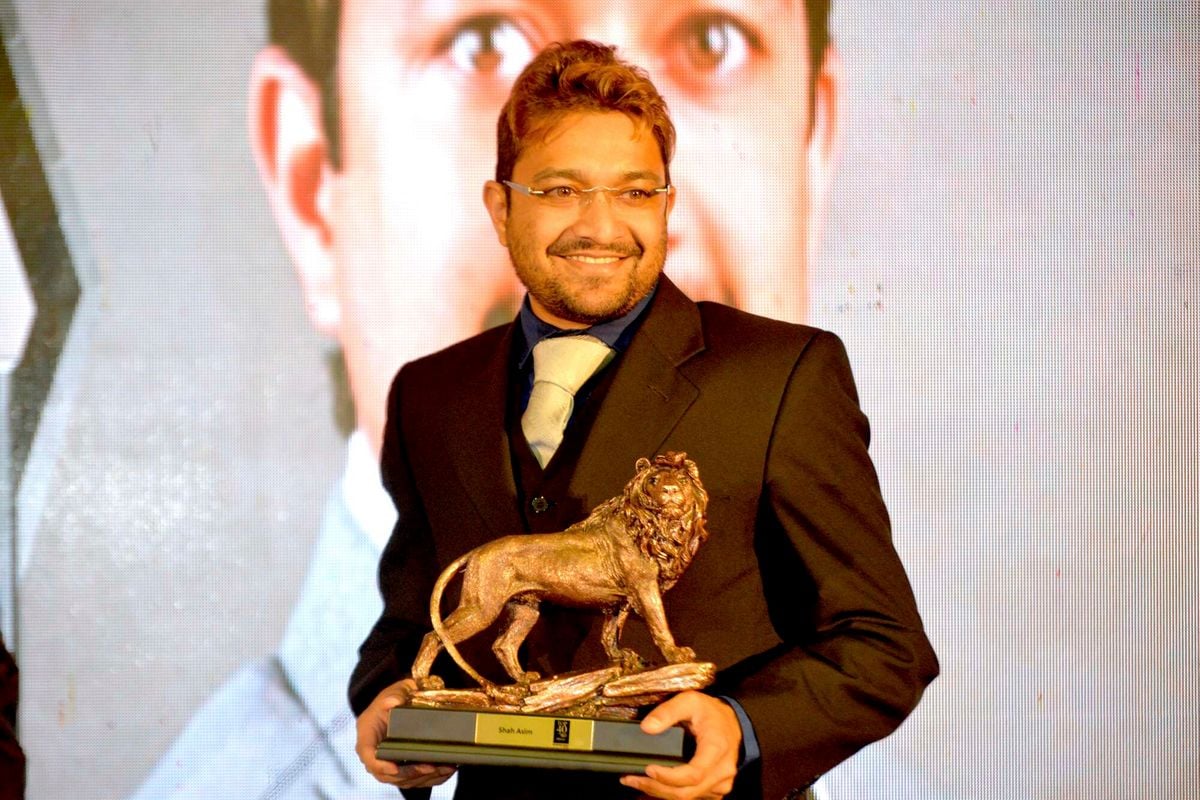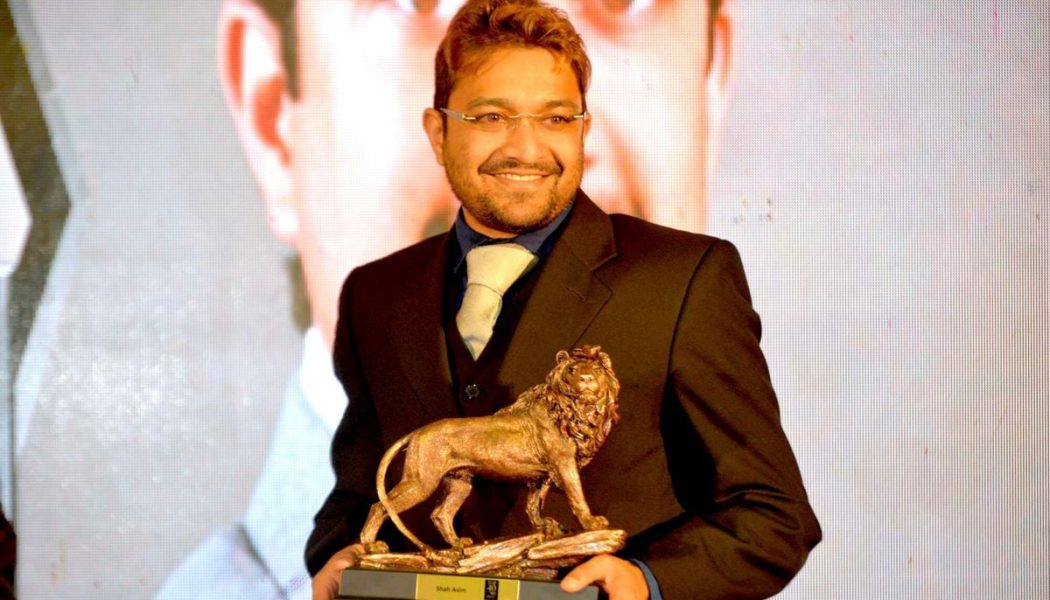
Asim Shah entered his office one morning, his mind focused and his goals clear. He had studied business strategy, idolised successful CEOs, and prepared himself to lead his family business that focuses on tent manufacturing.
His story might have taken a different direction if everything had followed his plans.
But the weight of expectations, resistance from some employees, juggling the finances without dropping any ball, and his internal battles soon took their toll and saw him battling depression.
It was 2012 when he first noticed something was off.
“Looking back, I’d always faced challenges, even in secondary school and university abroad, but they hadn’t surfaced this intensely,” he says.
His voice tightens as he recalls, “Suddenly, I couldn’t focus, and I was hit with panic attacks that I couldn’t explain.”
One day, a wave of panic surged so fiercely that he could hardly breathe—a moment he now recognises as a nervous breakdown. This was the catalyst that led him to a psychologist.
Asim, the executive director at Tarpo Industries, was diagnosed with clinical depression.
Running an events company specialising in durable fabrics for shelter to comprehensive event management was demanding.
As the CEO, the 39-year-old spent days perfecting designs and evenings discussing financial strategies.
Slowly, however, the long hours—often 14 or more each day—and the constant push to innovate and lead began to take their toll.
“There was, I’d call it a pretty big fight in the ways of managing. You see, 99 percent of staff had their loyalty towards my father, who had run the company for decades. I was struggling with acceptance,” he says.
Because of the demanding nature of his work, Asim hardly had the time to connect with people beyond the office. Most of his friends were in the UK, where he had studied.
“I think I didn’t know how to handle myself as I was going downhill and everyone at work didn’t know how to handle one of their bosses going into a state of mental challenge. So, no support system was ready in place,” he says.
After his appointment with a psychiatrist, Asim began a regimen of anti-anxiety medication. But the relief he had hoped for eluded him. The medication, meant to calm his nerves, clouded his mind, leaving him unable to think clearly or coordinate simple tasks.
“Within a week, I couldn’t walk a straight line. I couldn’t wake up in the morning. I was like a zombie and was effectively in bed between 16 and 20 hours a day. This also meant that I couldn’t go to work or drive because my coordination had gone,” he says.
Asim pauses. Then continues. “Oftentimes, I could hear my pulse in my ears. It was a pretty scary initial few weeks because I wondered, does this get better? And it didn’t because I was on the medication for about eight to nine months by the time I managed to get off it, to the displeasure of the psychiatrist. In reflection, my first encounter was treating symptoms and not the root cause of what I was going through.
One of his support systems referred him to another therapist, who, according to Asim, took a holistic approach and used herbal remedies to support the process of weaning off medication.
“I was able to get off on the second attempt within about eight weeks. I then went into a few years of deep psychotherapy with the second therapist, and the person I have become now is sort of influenced by what happened in those almost five years of intense therapy and psychotherapy,” he says.
Less of workaholic
The new person he has become, in his telling, is less of a workaholic. He is also able to watch out for burnout.
“I have also been very open with my staff about what I went through, and I don’t want any of them to ever go through that. Because of the nature of our job, I realised that one day of rest is not enough, so we don’t work over the weekend. This gives my staff time to connect with their social lives,” says the executive director at Tarpo Industries.
Eventually, Asim decided to document his journey in a book. Titled “Leading with Depression”, the book provides a raw look at his journey through ambition, mental health, and leadership.
What has surprised him most, he says, is the responses he receives from other individuals in leadership positions.
One person told him, “I resonate with every chapter. I’ve been there too, but I never knew how to explain it.”
Others found hope in his story, helping them better understand the journey of friends or family facing mental health challenges.
One in every four
In Kenya, where the pressure to survive is intense, thousands of individuals are struggling with mental health issues. Data from the Ministry of Health shows that at least 25 percent of the population, one out of every four individuals, struggle with mental health illnesses, with depression and anxiety being highlighted as the most prevalent conditions.
“Leaders need to recognise the impact of this stress, not only on their staff but on themselves. There is something I’ve written about in the book, and it’s about how we invalidate our emotions based on societal comparisons. Whether at the lower end of the hierarchy or the top, we all experience stress, unique to every individual, but the intensity is the same,” says the now-trained life coach.
Inspired by his experiences, something has shifted at his workplace.
“I’ve encouraged my staff to train as coaches to support one another. We’ve also established policies that prioritise rest, including mandatory annual leave. This has inspired other companies, where friends tell me they’ve adopted similar changes,” he says.
“Today, I still work hard, but I’m careful. I know my limits, and I make sure my team knows theirs too,” he says. “If there’s one thing I learned, it’s that success means nothing if you lose yourself along the way,” he says.









